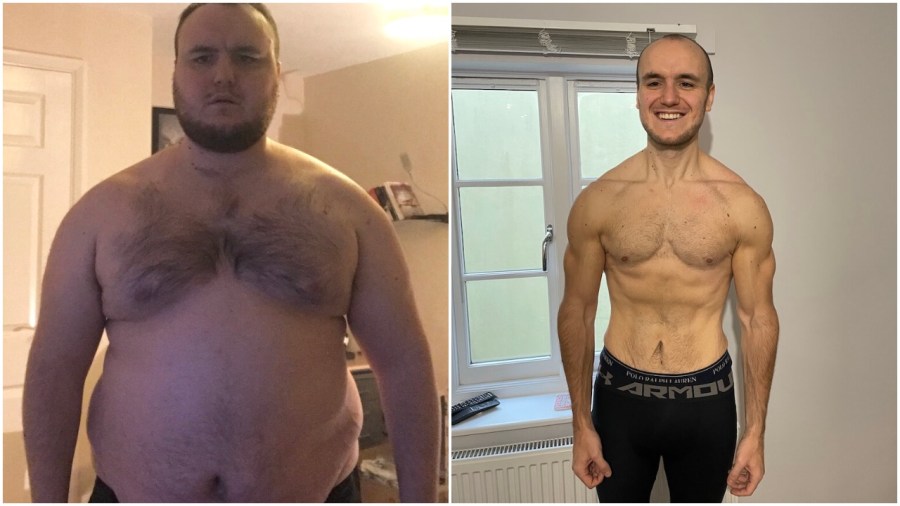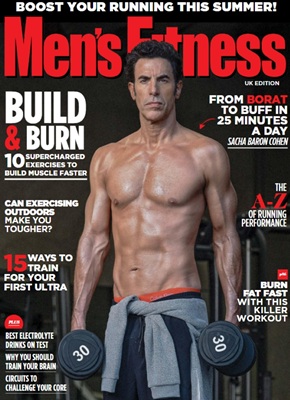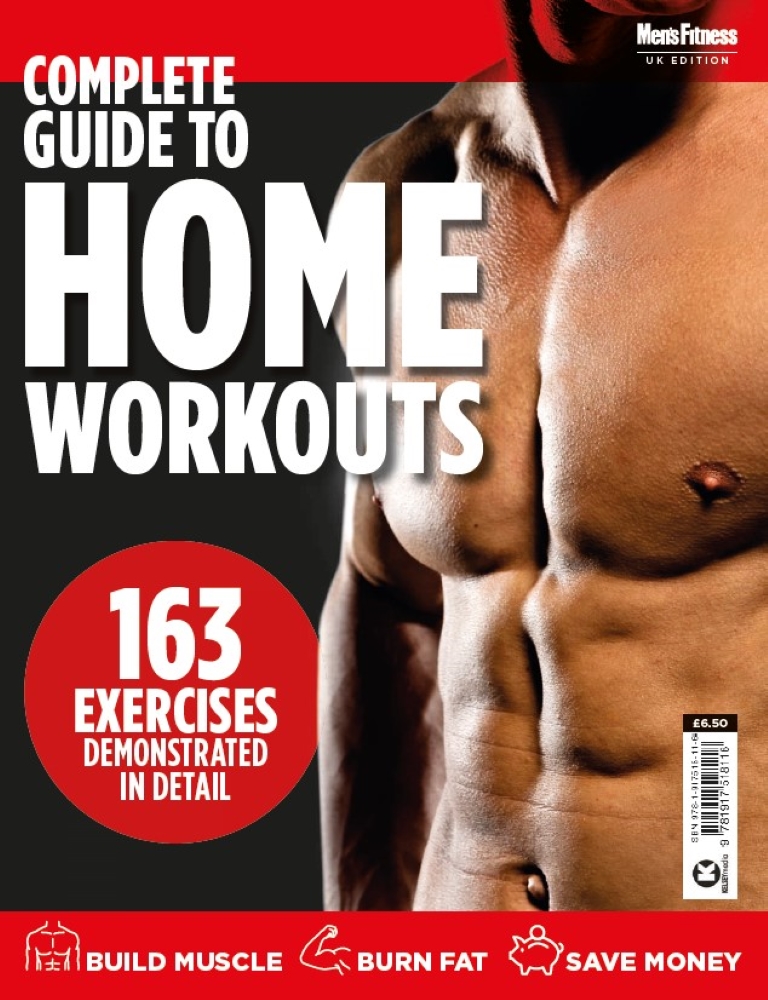From regularly walking and training to ditching junk food, taking supplements for muscle growth and committing to intermittent fasting, my weight loss transformation consisted of changing my diet, exercise habits, and mindset.
A couple of years ago, I stepped on the scales and was confronted with a stark figure: 21st 6lbs (136kg) – the same as a baby elephant.
I decided enough was enough. I opened up my mini notebook and set targets for the next five years. My life was in a rut: barely employed, hardly happy and scarcely motivated. All my struggles had a single denominator: my health and wellbeing.
Six years ago, I was a gym nut. I lived a healthy lifestyle and plugged away at making improvements. I was more than content with my physical condition.
But the following half-dozen years were disastrous, physically and mentally.
I was diagnosed with a ‘severe social anxiety disorder’ and spent each year losing and gaining weight for special events. It was the epitome of a yo-yo diet. It needed to change.

Jacob was over 21st at his heaviest
My weight loss transformation journey
A philosophical shift convinced me to make the next year count. So, before the world figuratively flipped on its axis, I developed a substantial spreadsheet to track every factor of what I aptly named ‘Project 2020’.
It monitored my weight, measurements, pictures, progress, diet, cardio, weights programme and more. It was pretty hefty.
And so, in the following 12 months, I went from 300lbs to 163lbs. I dropped from a size XXL to M in clothes. My waist decreased by 14 inches, down from 46in to 32in.
This is how I did underwent my weight loss transformation…
Transforming my diet
To give you an idea of my diet back then, let me tell you a story.
My brother came to visit me and we decided to head to the cinema. As I opened my boot to put my brother’s bag in the back, we were greeted by a dozen Dominos boxes. He was confused. I explained it was because I had already filled the recycling to the brim with, you guessed it, more Dominos boxes.
I would regularly consume two large pizzas, wedges and garlic bread for dinner, washed down with a 2L bottle of Pepsi – maybe four times a week. The remaining three days weren’t exactly a salad and water, either.
The solution was simple: I needed to cut my calories to achieve a caloric deficit.
My weight loss nutrition plan:
- Ditch junk food and processed sugars
- Lower daily calories to create calorie deficit
- Eat within 8-hour window (intermittent fasting)
- Include wholegrains and fibrous foods
- High volume of water intake
I adopted quite an extreme intermittent-fasting programme. My daily calorie target was extremely low, which I know is not the healthy option, but I was determined to shed weight fast.
The food plan would consist of some vegetarian sausages and roasted vegetables for lunch, a protein shake and an orange for a snack, and some more sausages and fruit for dinner. It is safe to say I’m a habitual person, and this definitely worked to my advantage.
As the year progressed, and my weight dropped, I would slowly add an extra couple of hundred calories.
When I upped my calories, I would still only eat clean foods. No processed sugars, always wholegrains and plenty of fibrous foods. My protein levels would always stay fairly high, but as the year went on, I would increase my carbohydrates and fat intake to a reasonable level.
So I added things like oats, brown rice, wholewheat pasta, rice cakes and peanut butter, and increased my eating window to around eight hours, applying the standard 16-hour fast period.
One of the most important things I implemented was a high volume of water intake. I’d aim for at least seven to eight litres a day. Extreme, yes. But also incredibly necessary.
I can’t stress enough the importance of a high water intake. Remember, your brain struggles to distinguish a difference between hunger and thirst.

A strict diet plan and sustained exercise routine helped him shed an incredible 10st
Adopting a new exercise regime
Despite my condition in January, I considered myself a knowledgeable person on bodybuilding. I was my own oxymoron. Nonetheless, this factor ensured I could develop a programme that could be stuck to throughout the year.
For cardio, I would simply walk for around two hours a day. I also did some work on the punch bag and a bit of cycling before a weight session, but my cardiovascular training mainly consisted of walking.
It’s easy on the knees, great for a sustained heart rate in the ‘fat loss’ zone, and it’s a free form of therapy.
I rarely ran. I began the year thinking I’d be a 10k king by the end of 2020. But I can count the amount of runs I’ve done on my two hands. I found walking much better for my goals, my stress levels and motivation.
My 10-stone weight loss exercise regime:
- Walk for 2 hours a day
- Lift weights 6 days a week
Six days a week I would lift weights. Throughout the year I worked on a push/pull/legs split and didn’t change it up once. The only wall I hit along the way was a rotator cuff injury in June, but after some positive rehab and perseverance, it was sorted fairly quickly.
As the year progressed, I decreased my walking time down to 90 minutes, then to an hour, before finishing on around 40 minutes.
As my muscle mass increased, the quicker I burned fat, so cardio was no longer needed at such high levels. This is another reason why lifting weights should always be in your programme.
Why your mindset is crucial for weight loss
Exercise and nutrition counts for little, if you don’t have the correct mindset.
The goal has to be iron-clad, and if you want to shift a significant amount of weight like me, you’re going to have to make sacrifices.
My motivation came from wanting to live the life I envisioned for myself.
I want to explore the world, be happy with friends and not be afraid to go out my front door.
Now, I have never felt better or more confident. Life is easier than ever, and incredibly positive things have happened because of the change I made.
Helping others with their own weight loss transformations
I want to help people. So, I have created a spreadsheet for people to use like the one I utilised this year. It is crucial to keep on top of your progress. Sometimes the scales do not tell the full picture, which is when measurements and pictures become instrumental in your motivation to keep going.
This is not the end of my journey, but the beginning of a more vibrant and healthier life.
Follow @jacobnewburyfitness for more information and advice on his weight loss transformation.
Related content:









